
- Home
- Trend
- Weight Loss Strategies
- Acne Tips
- Hair Health Information
- Blemish Removal Tips
- Acne Scar Removal Tips
- Muscle Building Techniques
- Intimate Care Tips
- Postpartum Intimate Care
- Eye Bags Wiki
- Tips for Face Slimming
- Secret of Permanent Hair Removal
- Breast Enlargement Tips
- Cure to Snoring
- Marionette Lines
- Skin-Tightening Secrets
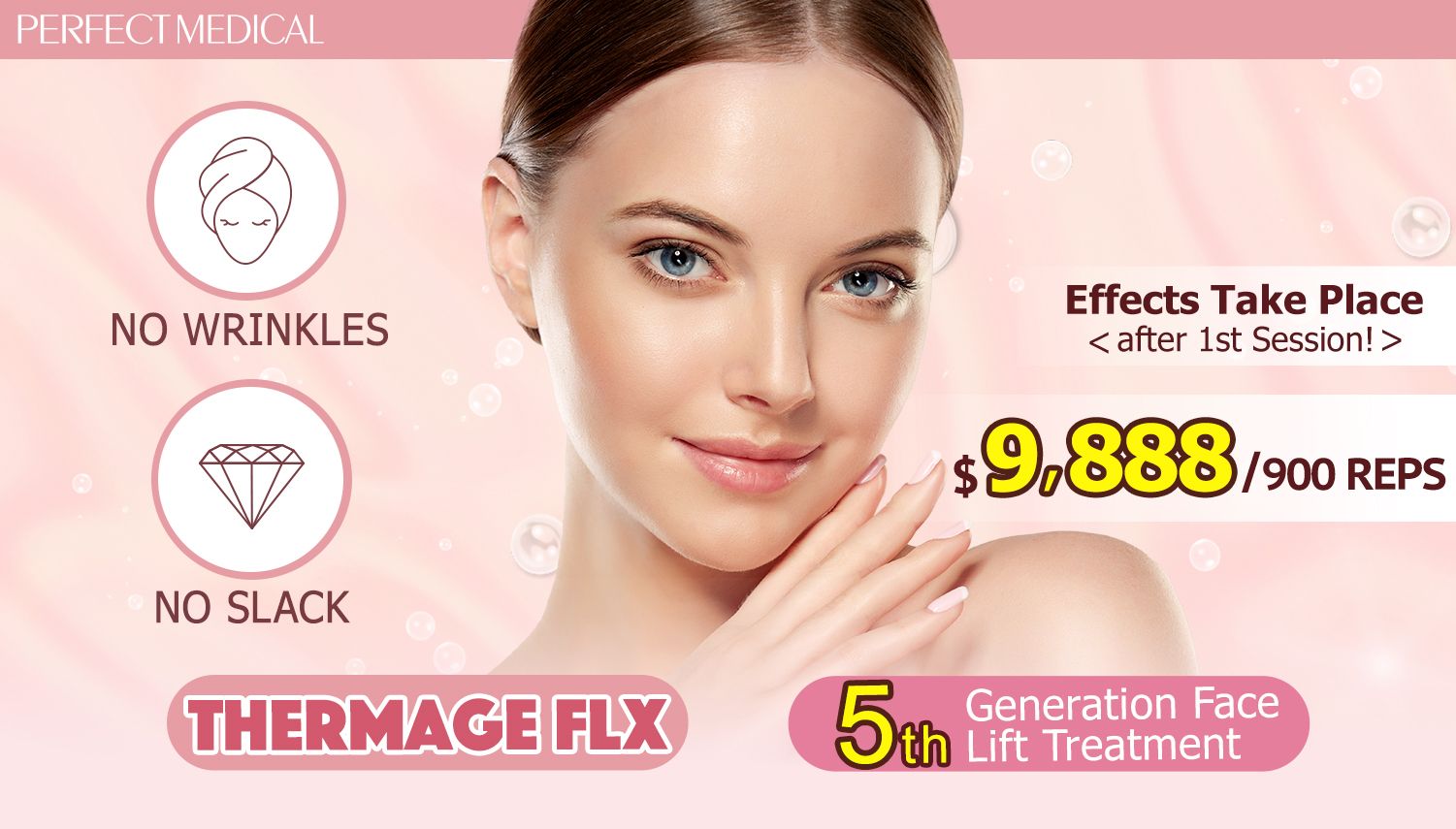
免費體驗
Thermage FLX 5th Generation Face Lift Treatment
1 Minute Self-Registration
Date should not be before minimal date
Picture this: wrinkles, loose skin, and annoying dark spots showing up much earlier than you expected; Jumping into the search for everlasting youth, we're looking into what causes some of us to start looking older sooner, especially with our skin.
1
What Considered As Premature Ageing?
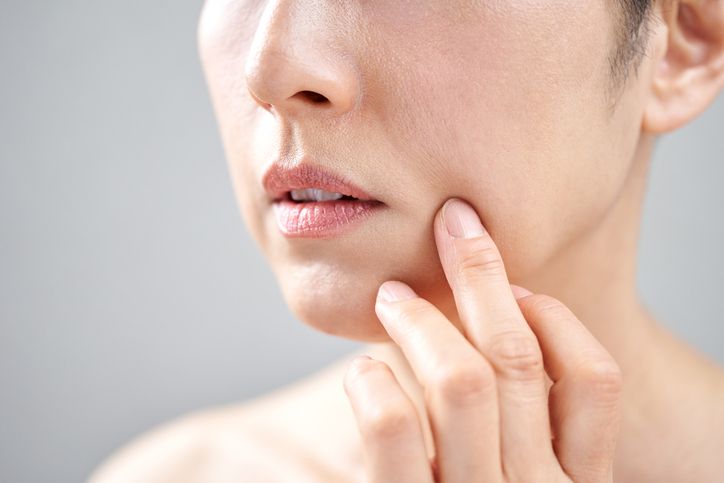
1. Fine Lines and Wrinkles
2. Dry or Dehydrated Skin
3. Uneven Skin Tone or Dark Spots
4. Sagging Skin
5. Thinning Skin
6. Dull Skin
7. Enlarged Pores
8. Visible Capillaries
9. Dark Circles and Puffiness Under the Eyes
10. Greying Hair and Hair Loss
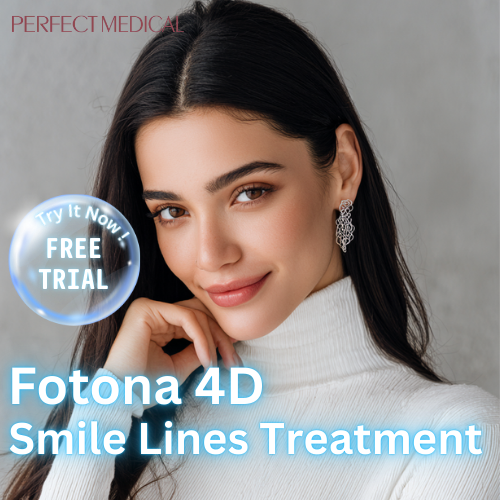
2
Who is Most Prone to Experiencing Premature Ageing?

- 10 Signs of Ageing on Our Face, And What Can You Do To Tackle It
- Do These 3 Things Daily In Singapore To Prevent Saggy Skin
- An Overview At Skin Tightening Treatments: What They Do & Whether They Work
- How to Choose the Right B5 Serum? Learn About Vitamin B5's 6 Major Skin Benefits + Best Popular Products!
3
Most Important Factor That Cause Your Skin Ageing
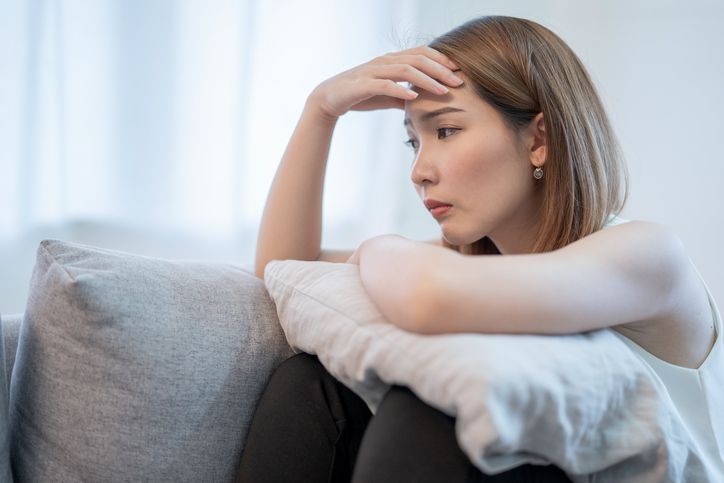
Few Stress Management Techniques to Help With Your Skin Condition
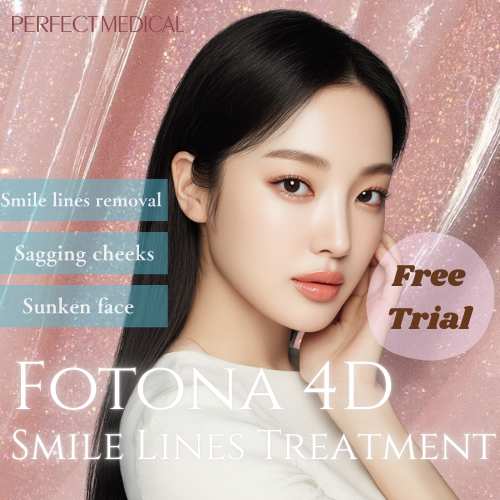
4
Preventing Premature Skin Aging With Science: Active Ingredients
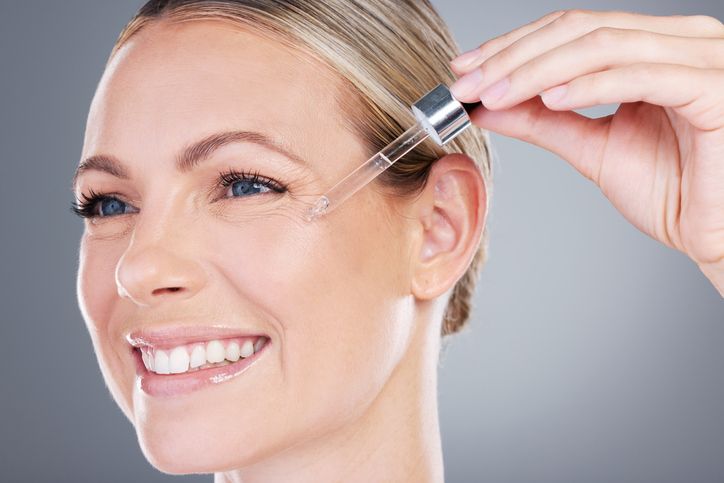
Retinol
Hyaluronic Acid
Niacinamide
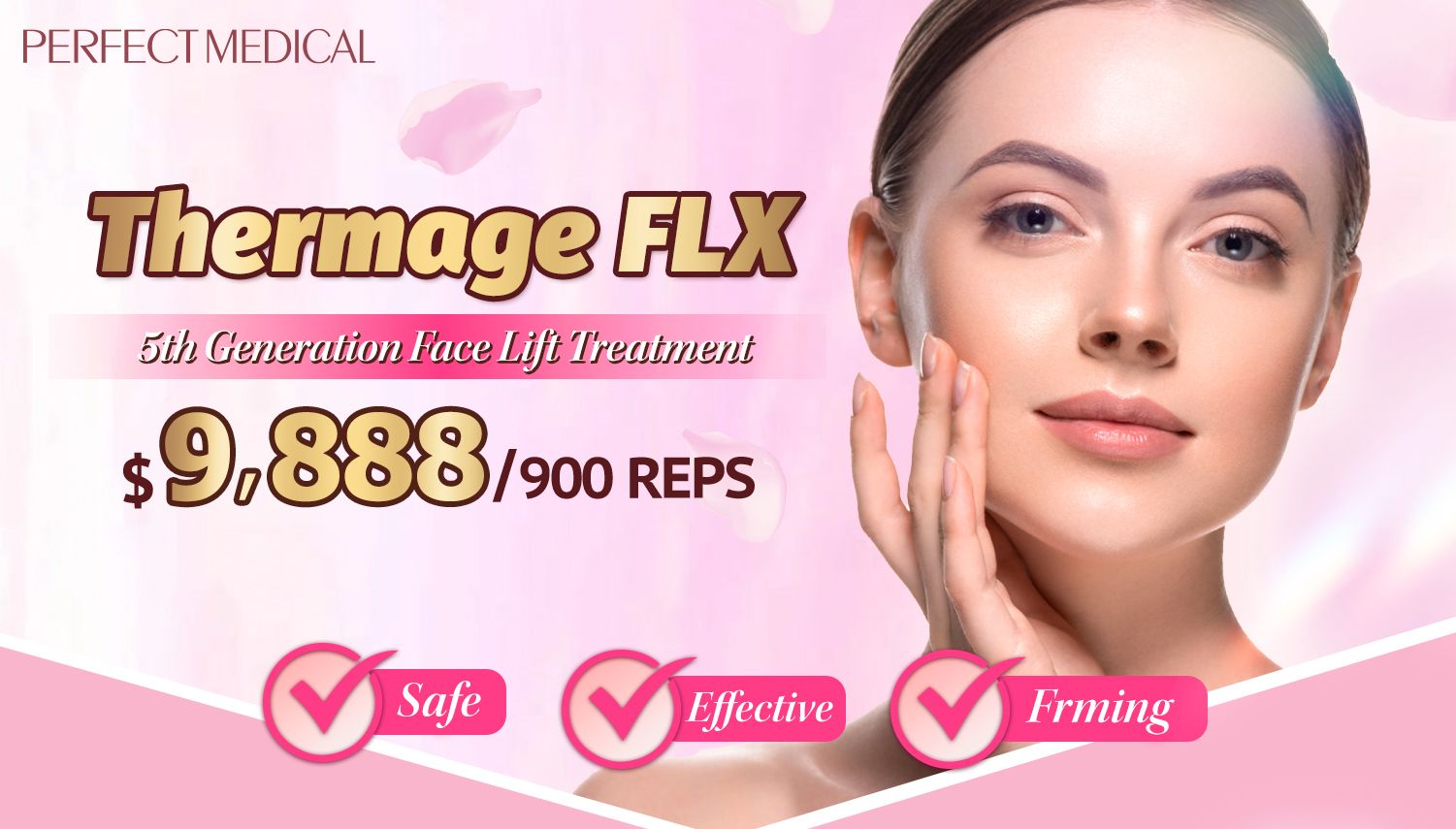
免費體驗
Thermage FLX 5th Generation Face Lift Treatment
1 Minute Self-Registration
Date should not be before minimal date
5
Prevent Premature Skin Aging & Get Your Skin Cell Turnover With Perfect Medical Today!


6
Closing Thoughts
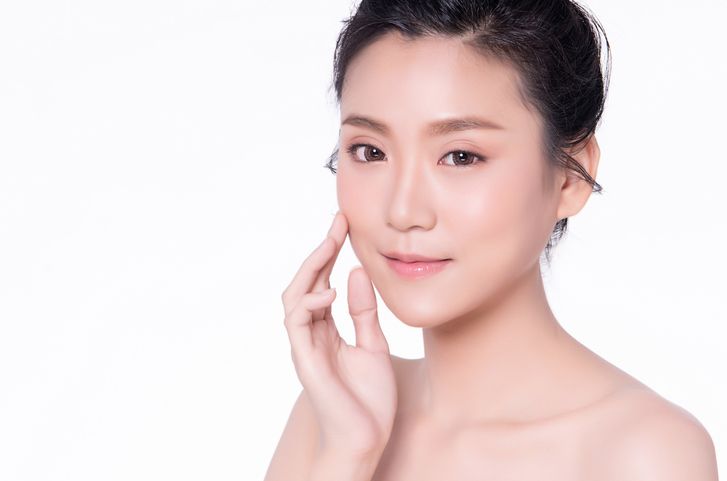
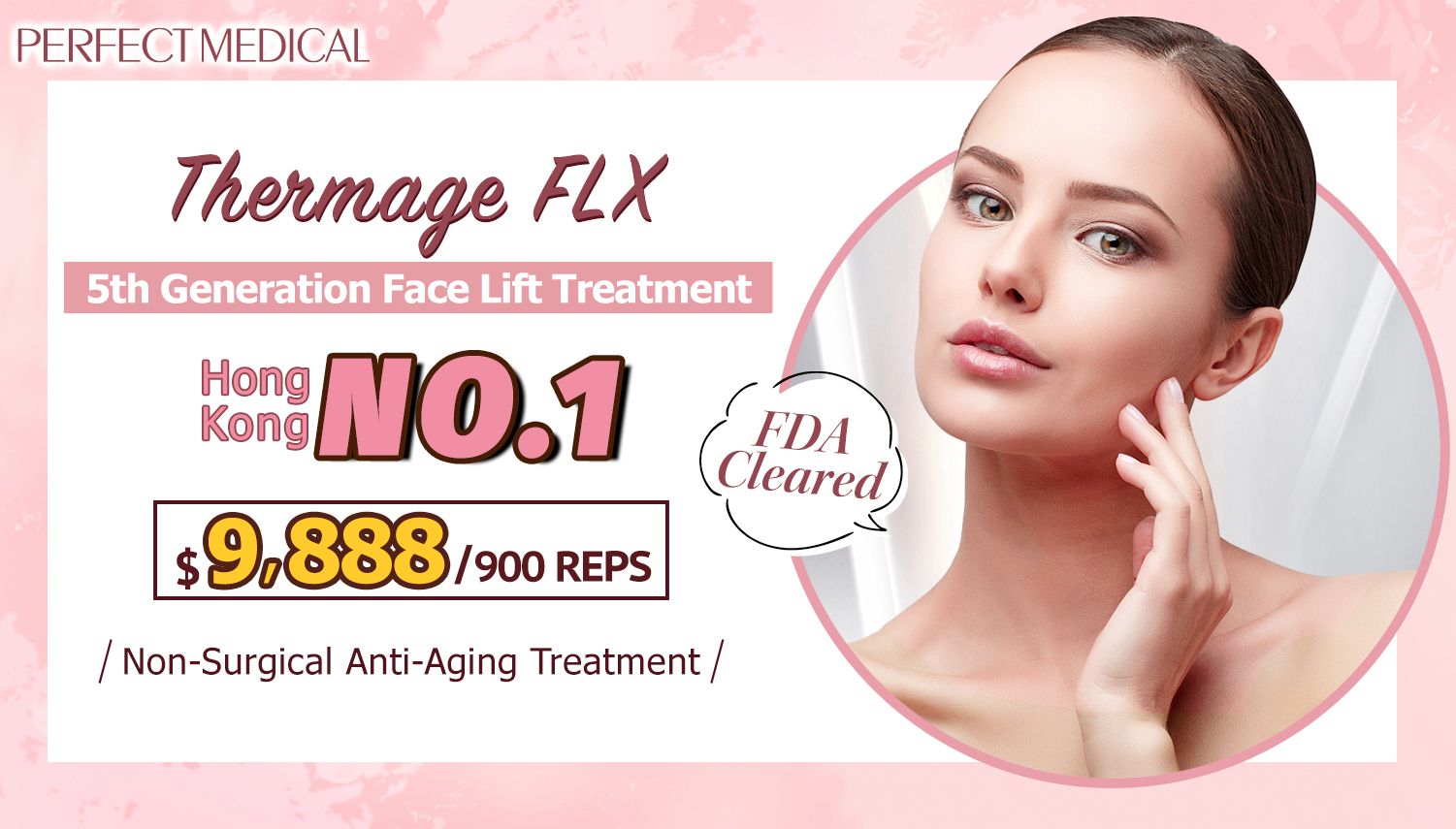
免費體驗
Thermage FLX 5th Generation Face Lift Treatment
1 Minute Self-Registration
Date should not be before minimal date
FAQ

1. Can exercise regularly and a well-balanced diet affect my skin's ageing process?
Yes, engaging in regular exercise and maintaining a well-balanced diet can significantly impact your skin's ageing process. These lifestyle changes can help delay signs of premature ageing by improving blood flow, which nourishes skin cells, and by providing essential nutrients that protect against extrinsic ageing factors. Additionally, a healthy diet can reduce the risk of developing age spots and sun spots.
2. How does alcohol intake influence premature ageing?
Alcohol intake can accelerate premature ageing in several ways. It dehydrates the skin, which can lead to the development of fine lines and wrinkles earlier than expected. Alcohol can also affect sleep quality, which is crucial for skin regeneration. Reducing alcohol consumption is a recommended lifestyle change for those looking to preserve their skin's youthful appearance.
3. Are there any studies linking sun protection to delayed skin ageing?
Yes, a few studies have demonstrated a strong link between sun protection and delayed skin ageing. Regular use of sunscreen with at least SPF 30 can protect the skin from UV radiation, one of the primary causes of extrinsic ageing. This protection helps prevent age spots, sun spots, and the breakdown of collagen, thereby maintaining the skin's elasticity and youthful appearance.
4. What lifestyle changes can I make to improve my skin care routine and prevent age spots?
To improve your skin care routine and prevent age spots, consider making several lifestyle changes, such as adopting a well-balanced diet rich in antioxidants, exercising regularly to enhance blood flow to the skin, limiting alcohol intake, and ensuring consistent use of sunscreen with at least SPF 30 to protect against harmful UV rays. Incorporating these habits can significantly contribute to healthier, more resilient skin.
5. How does the average life expectancy relate to signs of skin ageing like age spots and sun spots?
As the average life expectancy increases, individuals may notice more signs of skin ageing, such as age spots and sun spots, due to prolonged exposure to environmental factors that contribute to extrinsic ageing. However, adopting a comprehensive skin care regimen, including protection from sun exposure, can help manage and reduce the appearance of these ageing signs, allowing for healthier skin even as one ages.








